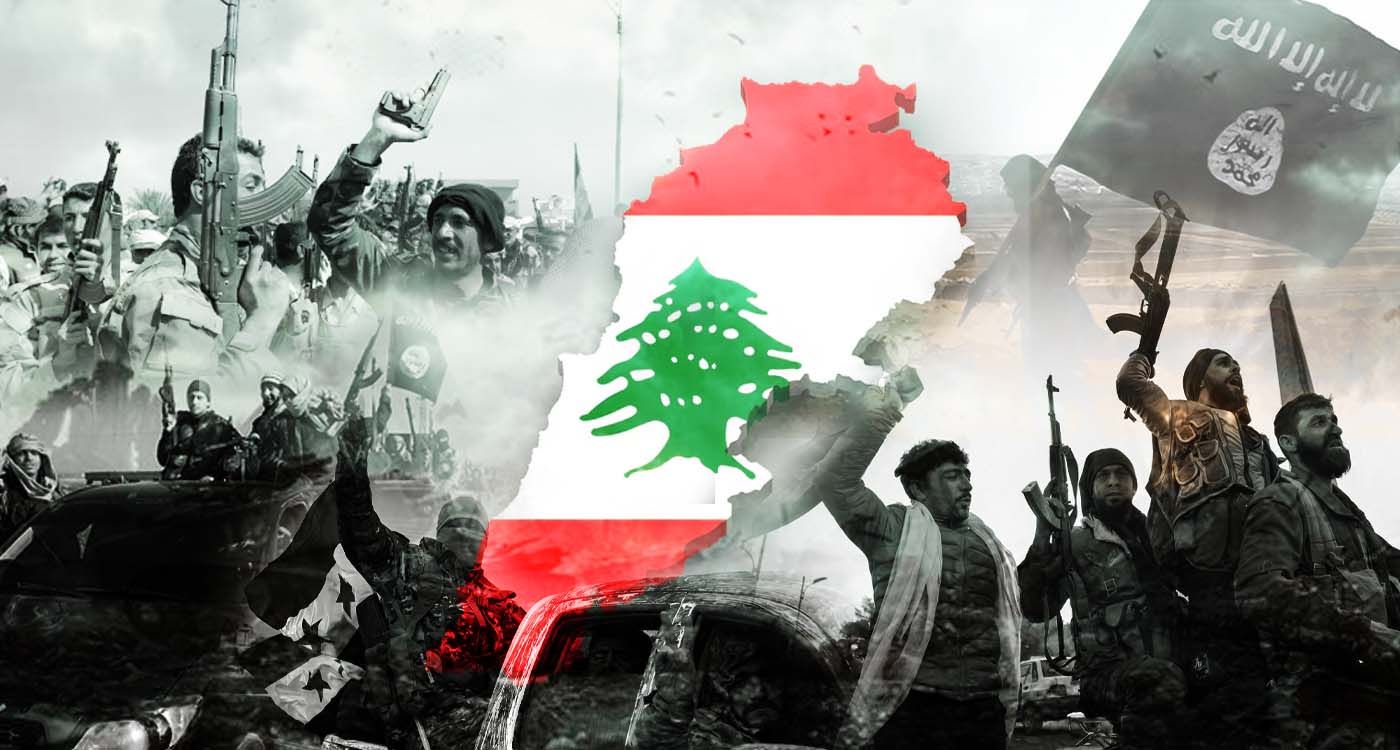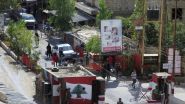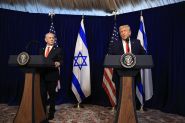
As violence in Sweida claimed over 500 lives, its repercussions are already spilling across the border. In Lebanon, municipalities are imposing exceptional security measures targeting “foreigners,” mainly Syrians, reflecting a climate of tension fueled by fears of infiltration and the state’s inability to ensure stability.
Clashes between Druze groups and government forces backed by tribal militias in the Syrian city of Sweida have claimed more than 500 lives since Sunday. Alongside this unprecedented wave of violence in this southern region, several Lebanese municipalities, mostly in Druze villages, have introduced preventive measures against foreigners, especially Syrians living in their areas. These decisions stem from mounting fears that the Syrian conflict could spill over into Lebanon, combined with growing suspicion toward potentially active armed groups.
Local Measures Amid Growing Suspicion
In recent days, municipalities across Lebanon have imposed night curfews on foreigners, banned gatherings, and required Lebanese residents to report the identities of their foreign tenants. These local restrictions were introduced without any central directives from the Ministry of Interior, says Haytham Hamzeh, head of the Abey-Aïn Drafil municipal council.
“Some Syrians who have lived and worked in our village for a long time were identified in WhatsApp photos wearing military gear and making threatening statements,” he says. “Tensions are high because of what’s happening in Syria, which could spark violent reactions. We want to prevent clashes to ensure everyone’s safety—Lebanese and Syrians alike.”
According to Hamzeh, these municipal initiatives aim to defuse tensions before they escalate, especially in Druze-majority Lebanese areas where the impact of Syrian violence is being closely watched with unease.
Security or Political Danger?
Amid rising internal and regional tensions, Progressive Socialist Party (PSP) MP Marwan Hamadeh warns against misreading the real threat to Lebanon. For him, the greatest danger does not come from Islamist groups, Syrian or otherwise, allegedly infiltrating Lebanon, but from internal political fractures and the persistence of parallel weapons.
“We shouldn’t confuse a handful of small Syrian-Lebanese-Palestinian cells, some more or less extremist, with the broader situation, which is far more concerning,” Hamadeh told This Is Beirut. “The events in Syria have, to some extent, reinforced the intransigence of the forces determined to keep their weapons. Just as Shebaa Farms once served as a pretext, now it’s Sweida being used as an excuse to justify keeping weapons,” he added.
As for armed cells, Hamadeh believes the Lebanese army and intelligence services are capable of dismantling them: “We see it every day, with arms seizures in Btebyat and in the north of the country.”
“I believe the Lebanese army can contain any Islamist threat, but it will face serious challenges as soon as the political divide over UN Resolution 1701 and the handover of all weapons to the Lebanese army resurfaces, which could happen within weeks or months, as US envoy Tom Barrack hinted,” he adds.
“It’s not the Islamist threat that endangers us; what truly puts us at risk is the existence of a parallel army, i.e., Hezbollah’s arms,” Hamadeh said.
Social Tensions and Syrian Detainees: A Molotov Cocktail?
Hamadeh also referred to a Defense Ministry meeting he attended Thursday with PSP leader Teymour Joumblatt to coordinate preventive measures and contain tensions sparked by Sweida’s events.
“There’s been a real outpouring of emotion in Lebanon: Druze communities feel powerless watching what’s happening in Jabal al-Arab, while the Sunni public opinion is deeply affected by the situation in Syria,” he says. The blocking of the Dahr el-Baidar road on Wednesday is one example of this.
“I don’t foresee a nationwide explosion, but we must prevent isolated incidents from escalating. The Lebanese army is aware and competent enough to ensure such internal security,” he reassures.
The issue of Syrian detainees in Lebanese prisons — most of whom belong to Islamist groups — is resurfacing in this tense climate. “The wisest course would be to hand over to Syrian justice those who haven’t committed serious crimes against Lebanese citizens, security forces, or the army, in order to ease prison overcrowding,” Hamadeh suggests, calling for a strict judicial review.




Comments